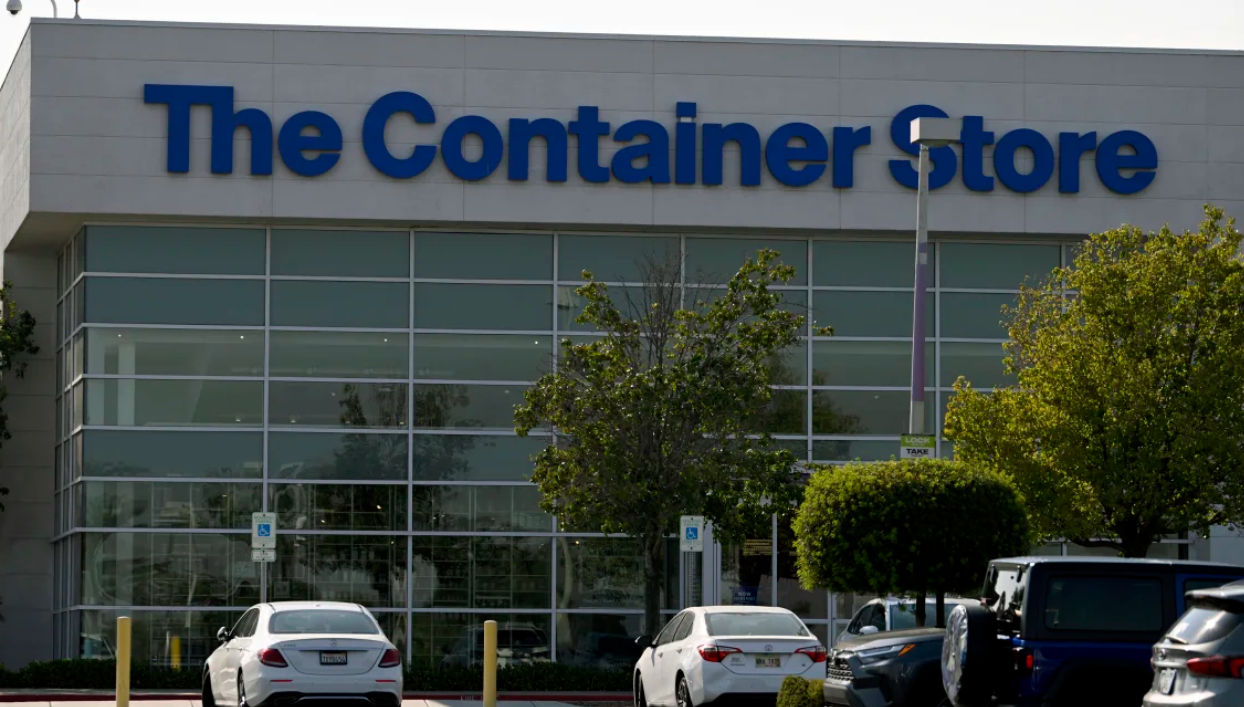The Container Store has filed for Chapter 11 bankruptcy, marking the latest in a series of well-known retailers affected by consumer cutbacks on non-essential purchases. The 46-year-old company announced that the bankruptcy filing will help improve its financial standing, support growth initiatives, and ensure long-term profitability. Court documents reveal that the company is burdened with $230 million in debt, while having only $11.8 million in cash, although it will secure $40 million in new financing.
Despite the bankruptcy, the company’s 102 stores and online operations will continue to function during the process, which is expected to take about 35 days. CEO Satish Malhotra assured that The Container Store is committed to staying in business, stating that its strategy remains strong and that the steps being taken will strengthen customer relationships, expand its reach, and improve its capabilities.
Payments to vendors and suppliers will proceed as usual, and all customer orders and deposits will be honored. The company plans to transition into a private entity once the bankruptcy proceedings are completed. The Elfa brand, a high-end customizable storage system based in Sweden, is not part of the bankruptcy.
This filing follows a recent agreement with Beyond, the parent company of Bed Bath & Beyond and Overstock.com. The Container Store had intended to introduce Bed Bath & Beyond-branded products in some of its locations, but the deal is now uncertain due to difficulties in reaching an agreement with lenders. Additionally, The Container Store’s stock was recently delisted from the New York Stock Exchange for failing to meet its financial standards.
The Container Store’s challenges highlight the end of the pandemic-era sales boost many retailers experienced, with the retail landscape now becoming more difficult. According to Coresight Research, more stores are expected to close this year than in any year since 2020. Recently, several other retailers, including Party City, LL Flooring, and Big Lots, have filed for bankruptcy and plan to shut down.
Earlier this year, The Container Store announced that it had conducted a strategic review of its business to enhance its value, and it suspended its financial guidance. For the quarter ending September 28, the company saw a 10.5% decline in sales and reported a loss of $30.8 million.
The Container Store’s financial struggles are also tied to shifts in the housing market. With mortgage rates reaching near 8% highs last year and staying around 7%, many people have been reluctant to buy or sell homes. This stagnant housing market has had a negative impact on the retailer.
The company is also facing intense competition from lower-priced alternatives like Amazon, Walmart, and HomeGoods. Analysts believe that holiday sales won’t be strong enough to help the Container Store recover.
Moody’s Investors Service forecasts that holiday sales will grow by only 1% to 3%, a slowdown compared to last year. Sales in the home furnishings sector, which affects companies like the Container Store and Wayfair, are expected to be particularly weak, according to retail analyst Christina Boni.














